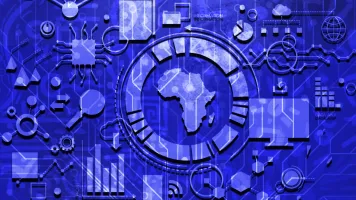Ghana is on the rise. Exports increased significantly in 2018 (7.5% year on year), oil receipts have shot up and last year the country recorded a trade surplus of USD 1.7 billion dollars. As the country experiences this development, the government has been a vocal supporter of the Sustainable Development Goals (SDGs), with President Akufo Addo serving as one of two United Nations SDG Advocates along with Norway’s Prime Minister Erna Sollberg.
This public commitment to sustainable development is underpinned by a deep focus on improving data to drive progress, direct resources, testing and scaling innovative approaches to community health care, agriculture, education, and climate resilience. With a population of almost 30 million people and a median age of just 20 years old, a liberal media, and a thriving telecommunications industry, Ghana has great prospects for ‘leapfrog’ advancements in tech and data.
The Global Partnership for Sustainable Development Data supports partners at the national and sub-national levels in Ghana to develop and implement whole-of-government, multi-stakeholder data roadmaps for sustainable development.
Together, the Global Partnership and Ghana Statistical Service hosted a press fellowship to Ghana, bringing journalists to learn about foundational and innovative data for development in the country.
The government of Ghana announced at the High-Level Meeting on Data for Development in Africa in June 2017 that it will address the plight of unregistered children with a national ID card roll-out. The ID card will facilitate access to healthcare, education, and employment, among other things. Current estimates are that about 40 percent of births and 70 percent of deaths go unregistered. A birth certificate will be required to receive the national ID card, so Ghana expects to enroll millions of additional children and adults in coming months. Significant life events will be captured via the system and this new trove of data will be used to provide better public services to Ghanaians and will also be a rich source of data for statistical purposes. Ghana is also exploring use of anonymized telco data for mapping and planning for internal economic migration and access to social services.
There are a number of other data innovation activities currently supporting sustainable development in Ghana. See below for blogs, partner activities, initiatives, and resources related to sustainable development data in Ghana.
Impact stories
Related initiatives

Leave No One Behind Data Collaborative

Data Roadmaps
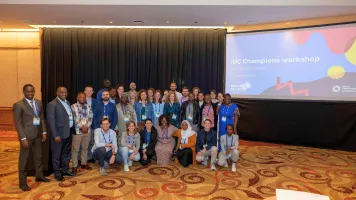
Inclusive Data Charter

Africa Regional Data Cube
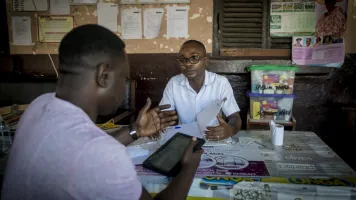
Ghana Press Fellowship

Collaborative on Administrative Data
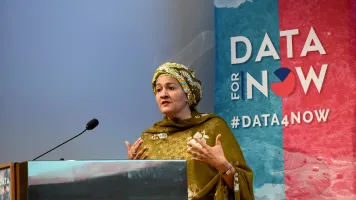
Data For Now
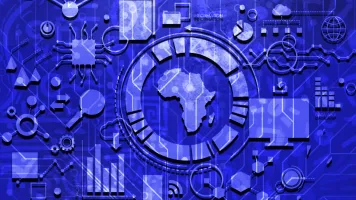
Data Science Fellowship Program

Scanner Data Capacity Development Program

Strengthening Africa National Statistical Offices’ Data Infrastructure

Data for Climate
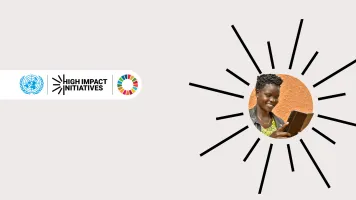
Power of Data: Unlocking the Data Dividend for the SDGs

Make Inclusive Data the Norm

Citizen Data: At the Center of Addressing Infectious Diseases
Related blog posts
Ghana Paves the Way to a Data Revolution for Sustainable Development
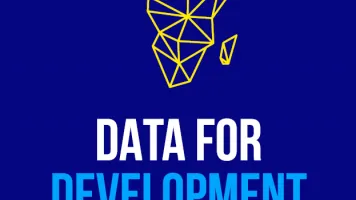
Les Pays D’afrique Mènent La Révolution Des Données
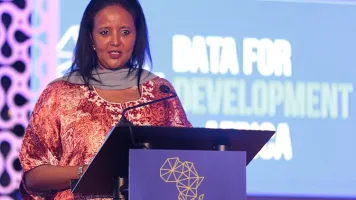
African Governments Lead the Way on Data Revolution

Data for Development Festival
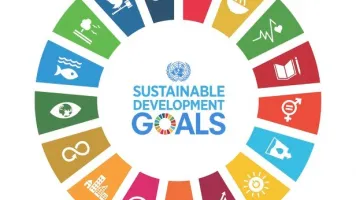
Data4SDGs High-Level Side Events at the 72nd Session of the UN General Assembly
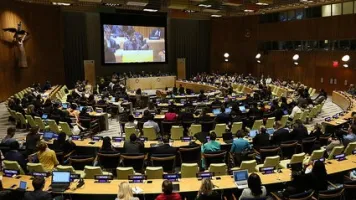
Data and Technology for the SDGs: Highlights from UN General Assembly Side Events
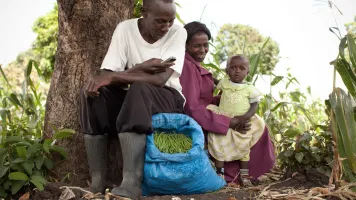
More and better financing for data to achieve the SDGs

Reflections and Next Steps for the Global Partnership

New Report Assesses Data Roadmaps for Sustainable Development

Brokering a Solution to Address Country-Level Challenges: The Africa Regional Data Cube

New satellite technology tool transforms ability to manage food security in five African countries

Africa Regional Data Cube Workshop and Launch

Satellite will improve our future
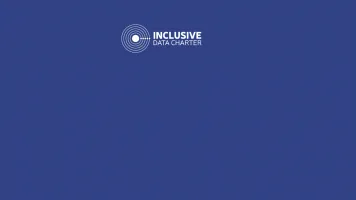
Inclusive Data Charter Launch

The Africa Regional Data Cube: Harnessing Satellites for SDG Progress

10 Governments and Organizations Announce Commitments to Inclusive, Representative Data

Data to End Hunger: UNGA Side Event
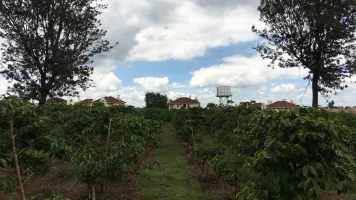
How the agriculture sector is leading the way for investment in data
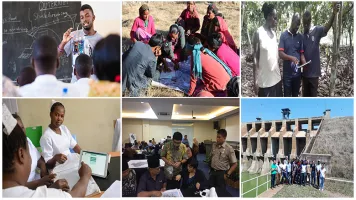
Seven data innovation projects win funding to tackle local challenges
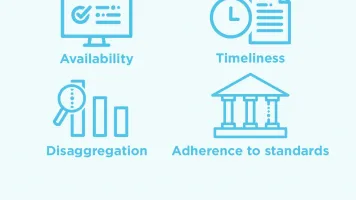
Bridging the Gender Data Gap: Data2X's Latest Efforts
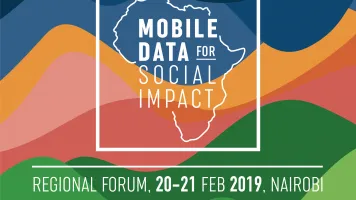
Government of Kenya and private sector to collaborate on mobile phone data protection & privacy framework
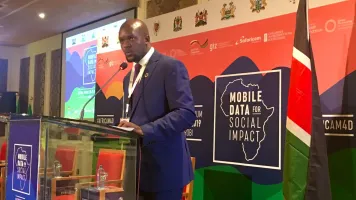
Opening Remarks ‘Mobile Data for Social Impact’ Regional Forum

New Press Fellowship Opportunity to Learn about Data for Sustainable Development in Ghana
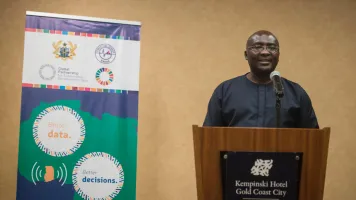
Data for Sustainable Development Goals Dinner, Speech by Vice President of the Republic of Ghana Dr. Mahamudu Bawumia

GEO-AWS Earth Observation Cloud Credits Programme harnesses big data for decision-makers in developing countries

Governments and Leaders Join Data for Sustainable Development Goals Movement

Happy birthday to the Inclusive Data Charter
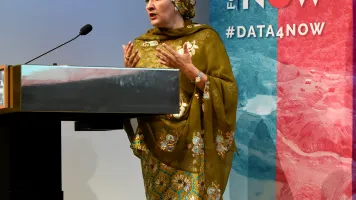
United Nations Deputy Secretary-General and partners launch effort to increase data for Sustainable Development Goal progress

After the splash: turning ambition into action with #Data4Now

Holding on to the promise: strengthening administrative data for Agenda 2030

Cumplir con la promesa: fortalecer los datos administrativos para la Agenda 2030
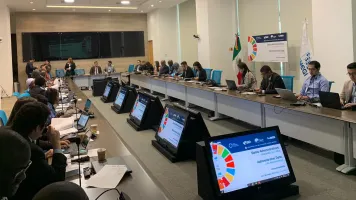
'Ordinary' data can deliver extraordinary boost in life chances say Latin American and African governments
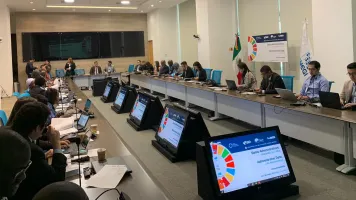
Los datos de 'rutina' pueden brindar un impulso extraordinario en las oportunidades de vida, dicen los gobiernos de América Latina y África

What’s next? Making Data for Now a reality

Rooftops and roadmaps: kicking off Data for Now
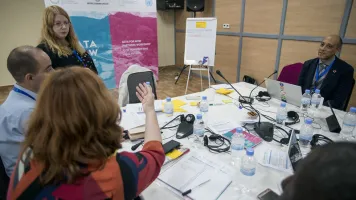
Data for Now: Oiling the Clockwork

Now more than ever - realizing the full promise of administrative data: highlights from the LAC-Africa Peer Exchange

Ahora más que nunca - haciendo realidad la promesa de los registros administrativos: aspectos destacados del intercambio de experiencias ALC - África

How anonymized mobile data are helping Ghana fight COVID-19

Using satellite data to uncover environmental harms
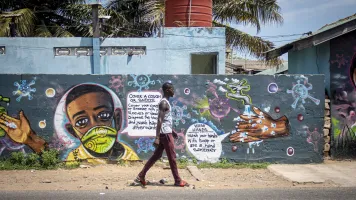
Press Release: New collaboration will assist African national statistical offices with big data analytics
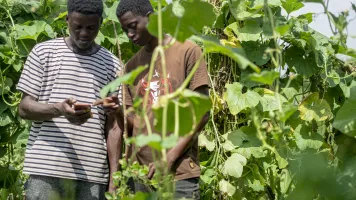
How climate-smart agricultural services can improve lives

2020 was the year the facts fought back
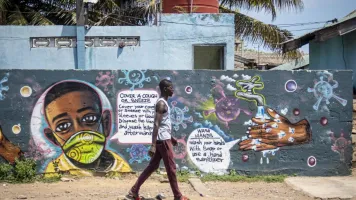
Five ways data is bolstering African countries' resilience to the pandemic and other global shocks

Data science for health and climate in Africa: Meet the CAN Fellows
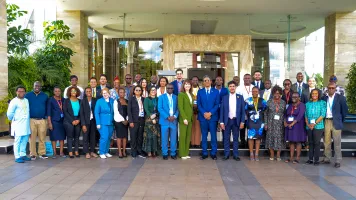
Harnessing the power of inclusive data through global cooperation

Investing in climate and health data for Africa: A timely necessity

Ghana Statistical Service harnesses data science and machine learning for better statistics
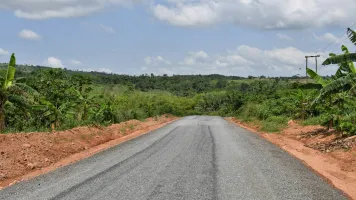
Tackling FGM in Ghana: The role of inclusive data and policy
Related resources
Results Data Initiative: Findings from Ghana
Data Roadmaps for Sustainable Development: Assessment and Lessons Learned
Inclusive Data Charter FAQs
Mobile Data for Social Impact: Summary Report
Ghana-Kenya Peer Learning Exchange on SDG Monitoring: Summary Report
Inclusive Data Charter One Year On: 2019 Monitoring Reports
ARDC Lessons Learned One Year Post-Launch
Data for Now: Inception Workshop Summary Report
Satellite Data is Helping Create Safer Drinking Water
A Study of Africa Regional Data Cube Governance Frameworks and Operationalization
Latin America and the Caribbean-Africa Peer Exchange on Administrative Data
Intercambio de experiencias entre América Latina y el Caribe y África sobre registros administrativos

Using Mobile Data For Health Monitoring: A Case Study of Data Sharing Between Ghana Statistical Services, Vodafone Ghana, and Flowminder Foundation
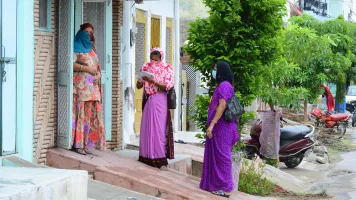
Three Years of the Inclusive Data Charter
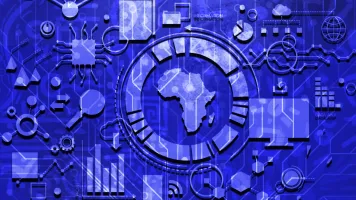
The Data Science Fellowship: Driving Digital Transformation across Africa


